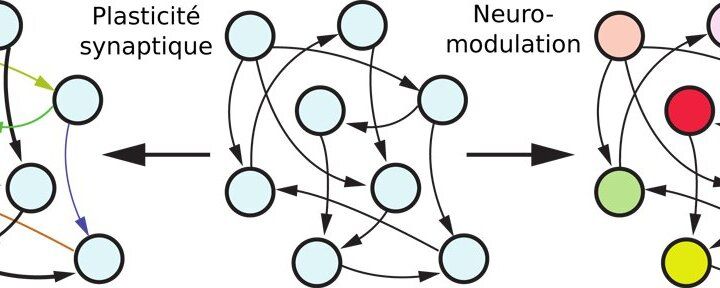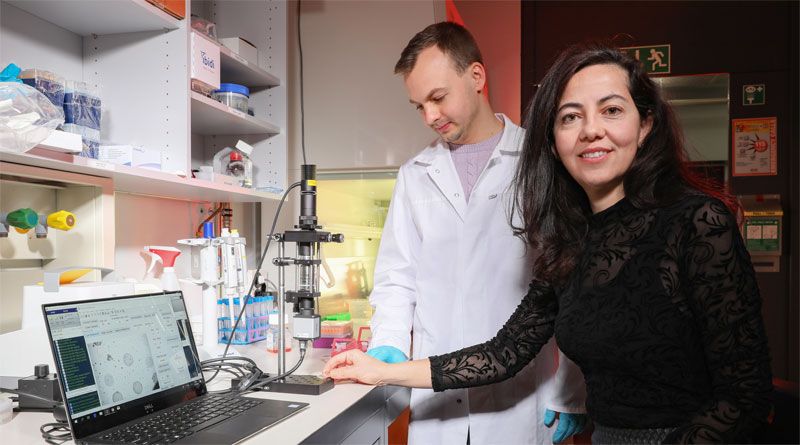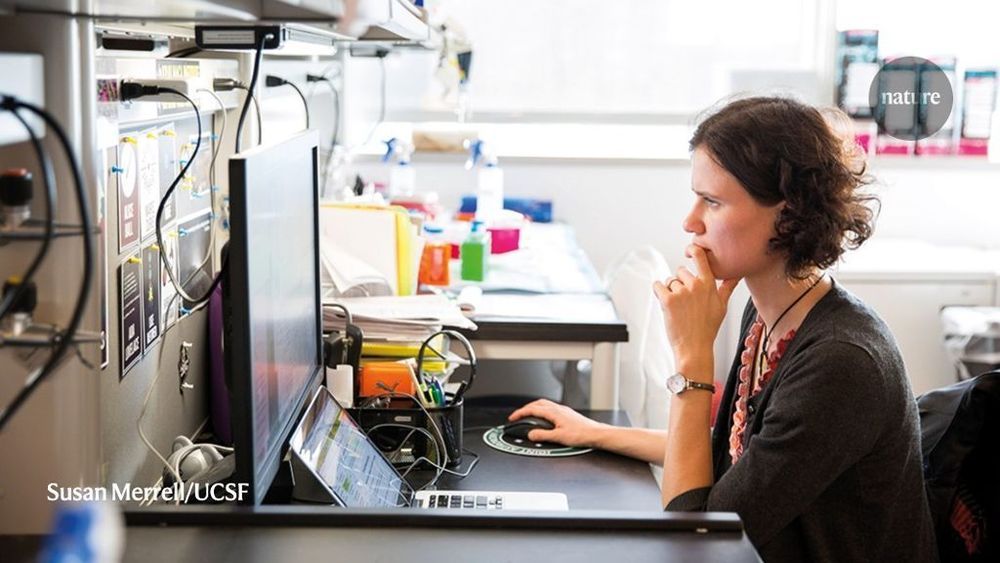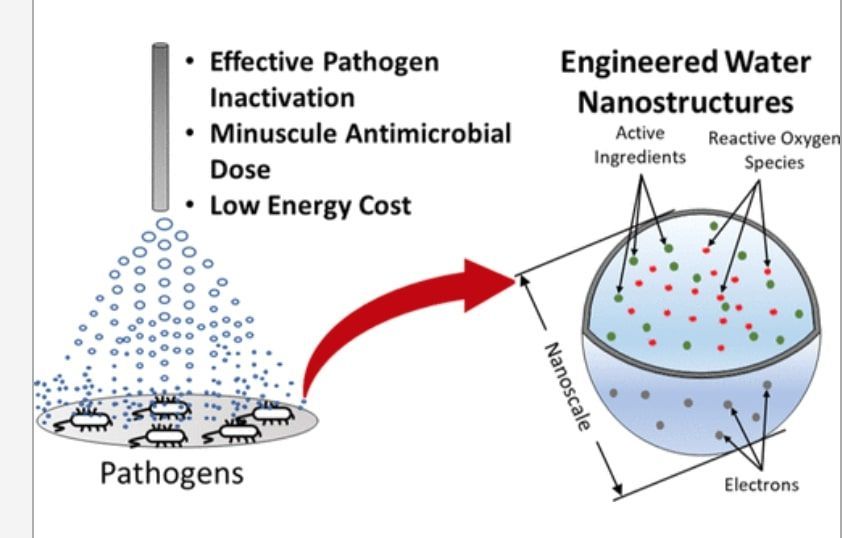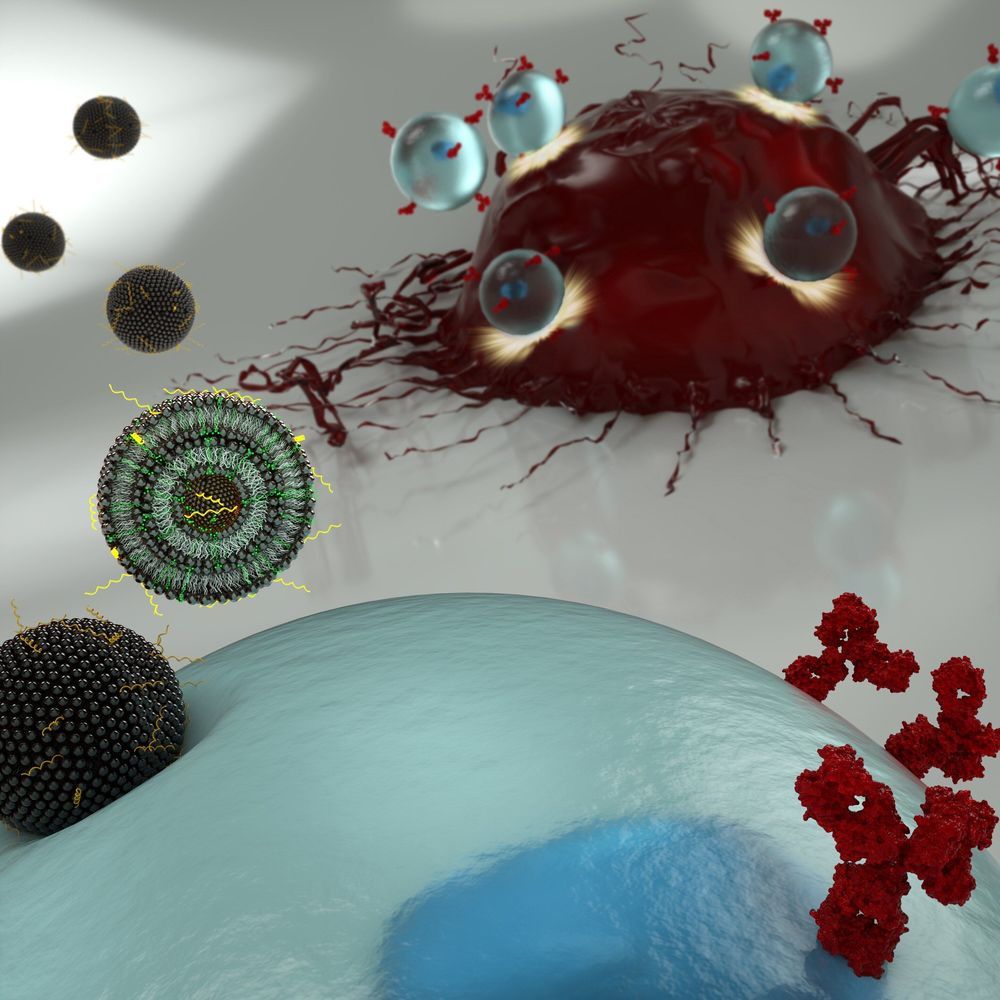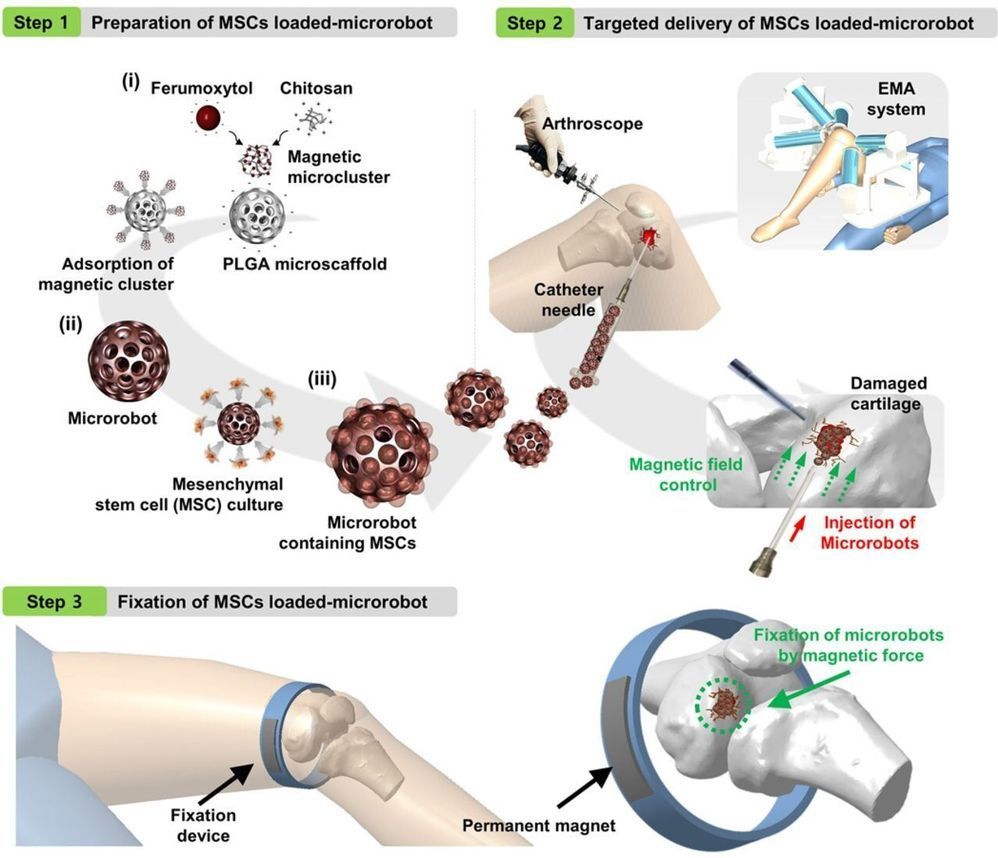BEIJING (AP) — China counted 170 deaths from a new virus Thursday and more countries reported infections, including some spread locally, as foreign evacuees from China’s worst-hit region returned home to medical observation and even isolation.
India and the Philippines reported their first cases, in a traveler and a student who had both been in Wuhan, the central Chinese city where the new type of coronavirus first surfaced in December. South Korea confirmed a case that was locally spread, in a man who had contact with a patient diagnosed earlier.
Locally spread cases outside China have been a worrying concern among global health officials, as potential signs of the virus spreading more easily and the difficulty of containing it. The World Health Organization is reconvening experts on Thursday to assess whether the outbreak should be declared a global emergency.

